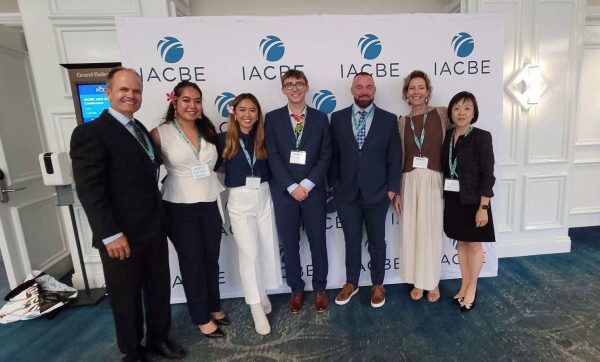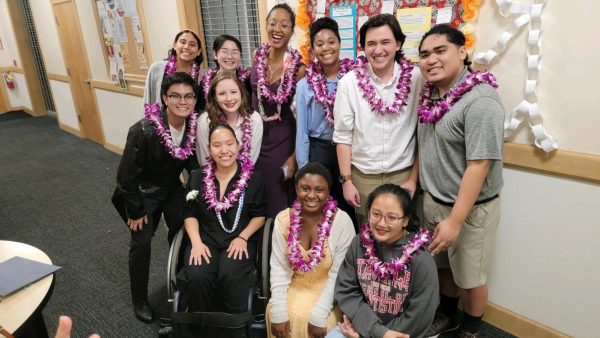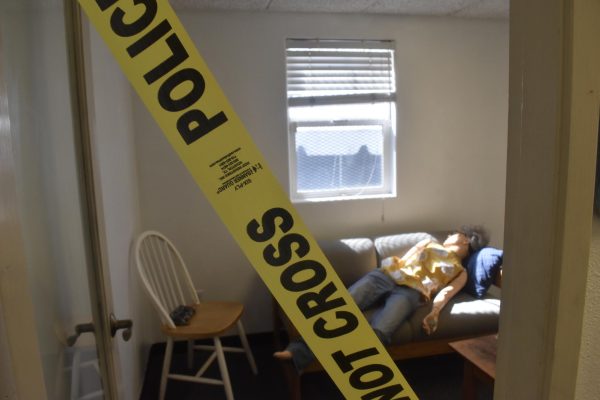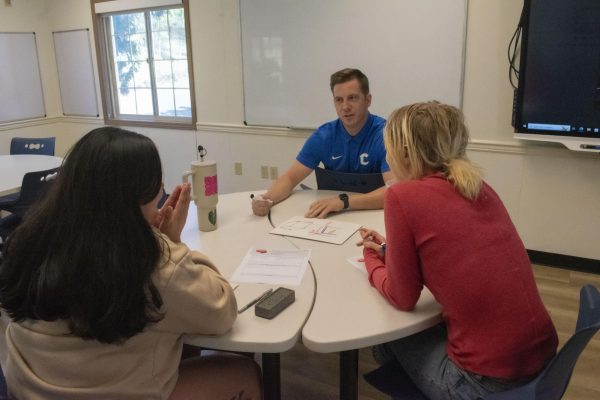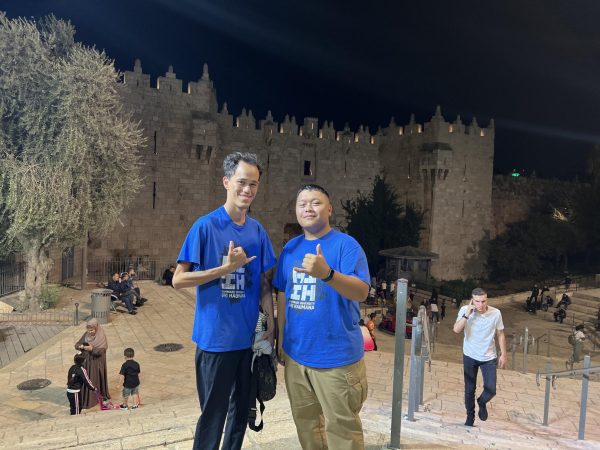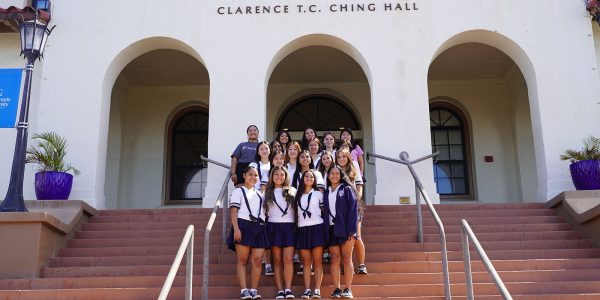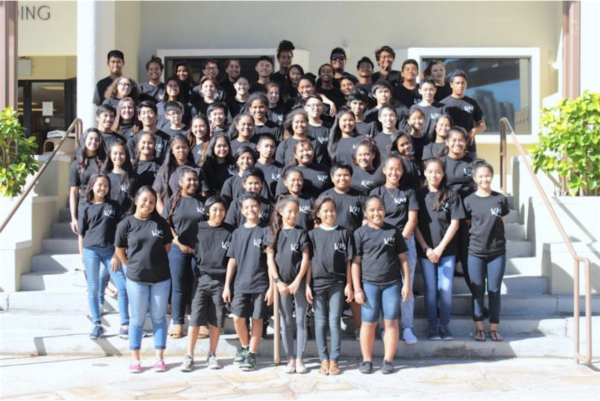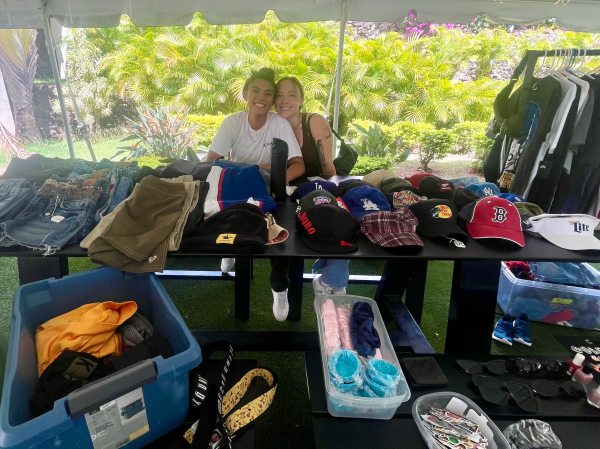CUH Psychology Prof Hopes To Help Students Cope With Stress, Anxiety, Depression
Psychology Professor Darren Iwamoto found the prevalence of stress, anxiety, depression in his private study clients and university students. And that inspired him to take action and research ways to help students better understand their struggles with stress, anxiety and depression.
Iwamoto has been a professor at Chaminade University since 2008 and has been conducting his own private study a part of “The Catalyst Group” since July 2015.
Iwamoto has been conducting research and studies specifically on university students to help them better cope and understand their everyday stress, anxiety and depression.
“He’s very willing to listen to other points of view and always contributes with new ideas and insights,” said professor Richard Bordner. “He has a great deal of knowledge in his area, and especially in quantitative measures and appropriate testing instruments.”
Iwamoto conducted project-based learning and brought an online game-based learning platform called Kahoot into the classroom. Kahoot is best used in a group setting. While questions are displayed on a shared screen, students answer the questions on their devices.
“It was so funny because basically what I was seeing was students would study just so that they would be ready for the Kahoot,” Iwamoto said.
According to Iwamoto, he saw a significant difference with the classes that he ran Kahoot in versus the classes that he didn’t.
Though Iwamoto brought a new tool into the classroom that helped the students study and interact in the classroom, he still saw students’ performance dropping when adversity hit. According to Iwamoto, their adversity wasn’t just in the classroom but in their lives.
He started looking at stress because it seemed to Iwamoto that students were stressed out in his classes, but it was not necessary because of his class content.
He conducted a study measuring anxiety and depression in a survey on campus, and the result came back a lot higher than he expected. He was surprised to see that 69 percent of females said the cause of their stress was relationships.
Iwamoto ran a follow-up study with the same scale but was more specific about the reasons for stress, and it led him to look at social media. He found out that the two most used social media platforms, Instagram and Facebook, were positively correlated with stress, anxiety and depression because they have a “liking mechanism.”
“So when I went back to my classes and ask them ‘What is your biggest fear when coming to class?’ A lot of it is being wrong in front of everyone,” Iwamoto said.
According to Iwamoto, there is a lot of social judgment of stress that is built into the classroom, and a lot of people are insecure about being judged with the fear of being wrong. This is linked to the liking mechanism that is implemented on Instagram and Facebook, where people want to portray their best self. When people get likes, they get a shot of dopamine and excitement.
But what is stressful is when people don’t get as many likes or get the thumbs down on Facebook. It feeds into the already insecurities of people.
“Social media makes me stressed and anxious when I see other people’s profiles filled with adventure and traveling,” said Micaela Mariano, a nursing major. “It serves as a constant reminder that I have things to do and that there are other people in the world who seem to live a carefree life.”
The way that society is progressing, according to Iwamoto, is that we are pulling away from relationships. So even though people may be connected to people digitally and seem like we have all these connections, as far as true human relationships are concerned, it seems to be decreasing.
“I would like to see a rebuild of relationships and that is not only between student to student but student to faculty and student to the school and building that bond again and bring people back together again,” Iwamoto said.

